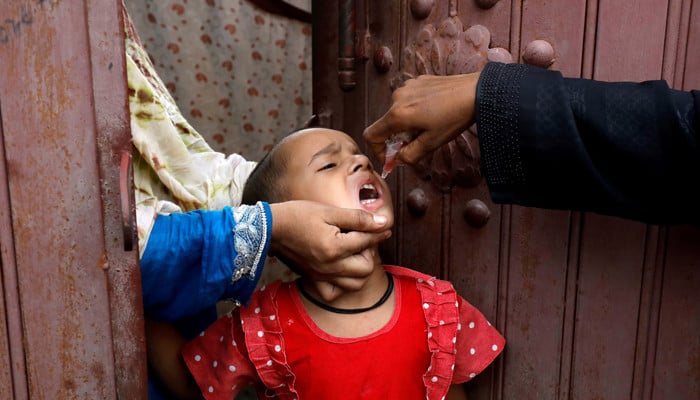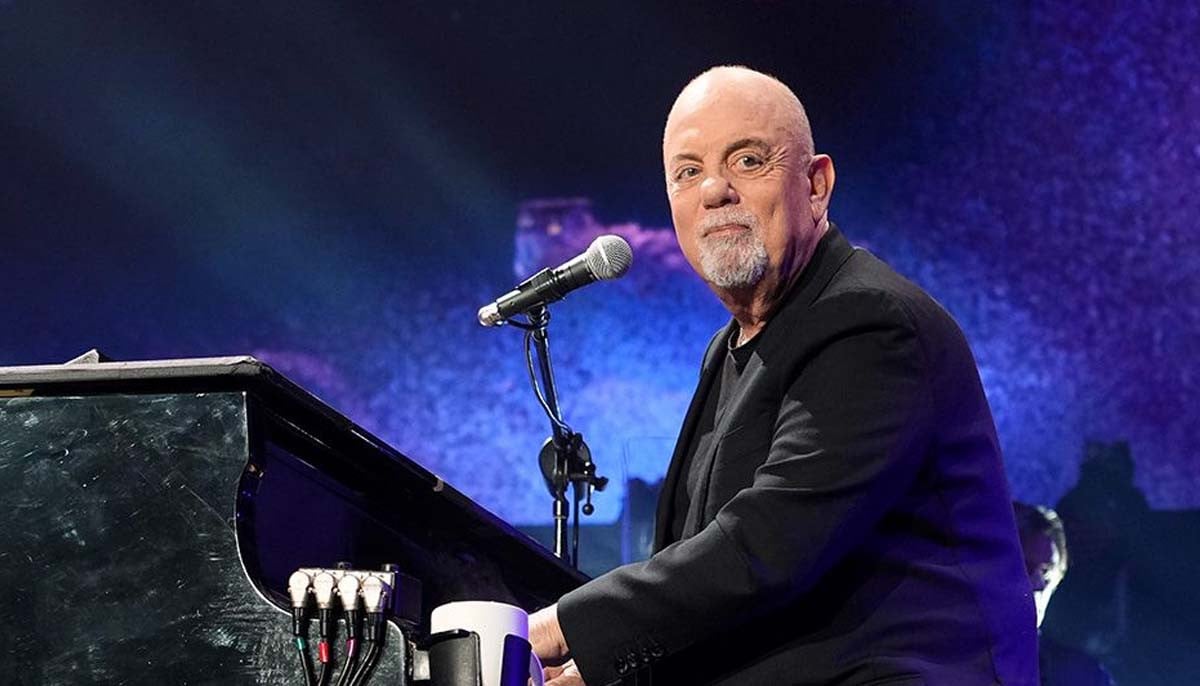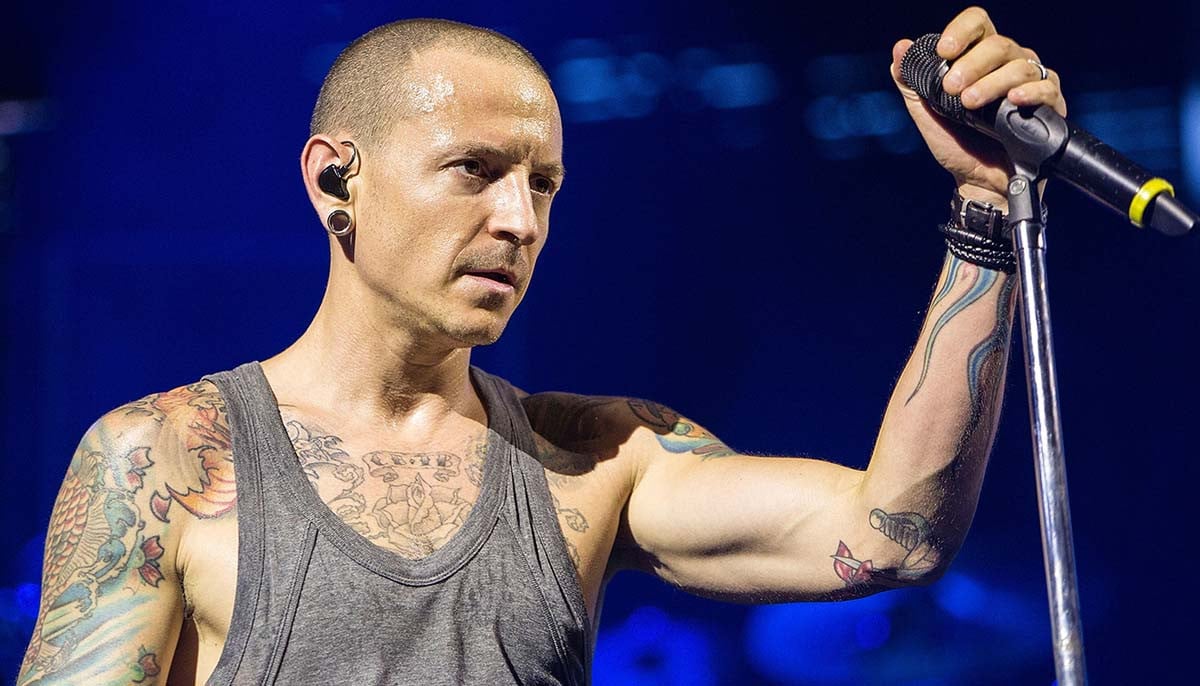Islamabad: The National Institutes of Health (NIH) has reported that although high -quality vaccination campaigns have deposed positive environmental detections of the poliovirus, the virus is still circulating in some regions of Pakistan.
According to July data from the country’s environmental monitoring system, 127 sewerage samples were collected from 87 districts, the NIH said in a statement issued on Tuesday.
Testing at the regional reference laboratory for polio exchanging in Islamabad confirmed 75 samples as negative and 42 as positive, with 10 more samples that are still being processed.
Balochistan registered a clear reduction, with only one positive surveillance site of the environment in July compared to 15 in January. Of the 23 tested locations in the province, 22 were negative, including six of the seven in Quetta Block.
In Khyber Pakhtunkhwa, positive locations fell from 14 in January to seven in July, with 24 locations that test negatively. Three of the seven positives came from South Khyber Pakhtunkhwa, while in Peshawar four of the six locations tested negative.
Punjab reported 12 positive locations in July, by 15 in March. Sindh saw a decrease in districts with positive detections, from 20 in March to 12 in July. In Azad Jammu and Kashmir and Gilgit-Baltistan, all samples tested so far were negative this year.
In the past year, the Pakistan outpatient program has conducted six high-quality vaccination campaigns-four nationwide who each reached more than 45 million children.
These efforts have considerably reduced both polio cases and positive environmental samples, which offered strong progress to interrupt the transmission.
The next subnational polio vaccination campaign runs from 1 to 7 September, with the aim of vaccinating 28 million children in 91 districts in all provinces and regions.
Authorities have encouraged parents and carers to ensure that children receive their drops in this round.
In addition to polio drops, the government offers free routine immunization for children up to 15 months old and offers protection against multiple diseases. Repeated polio vaccination In addition to routine immunization, enhances immunity and prevents lifelong paralysis.
NIH emphasized that Polio external remains a collective responsibility, calls on parents, communities and local leaders to support vaccination teams, prevent wrong information and to ensure that each child receives every dose.






